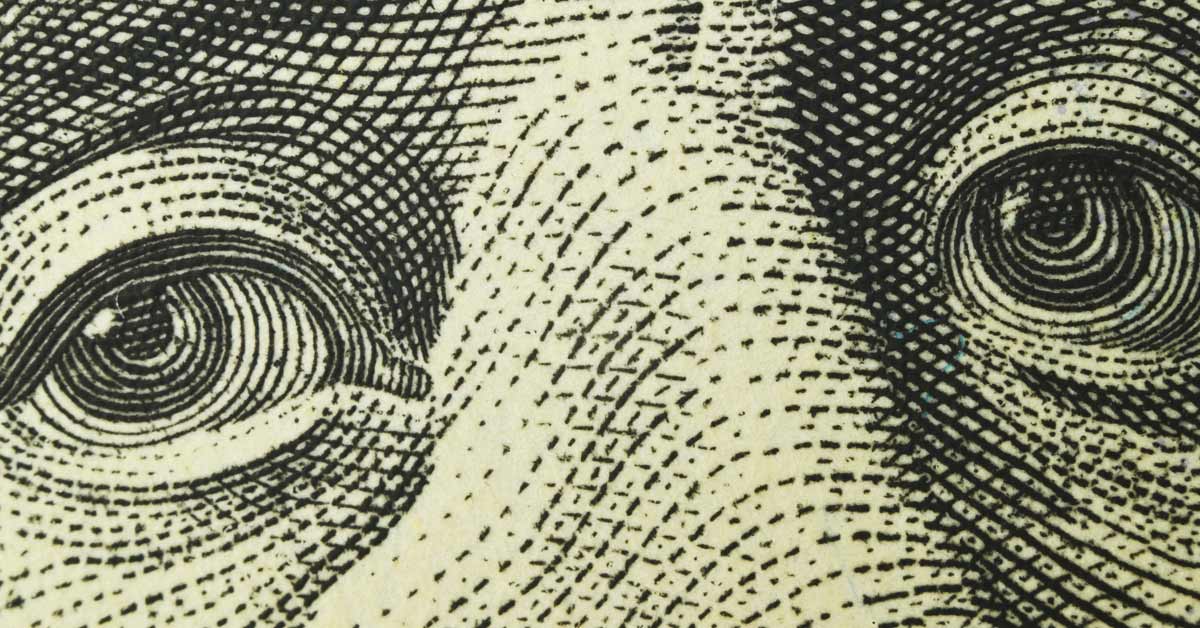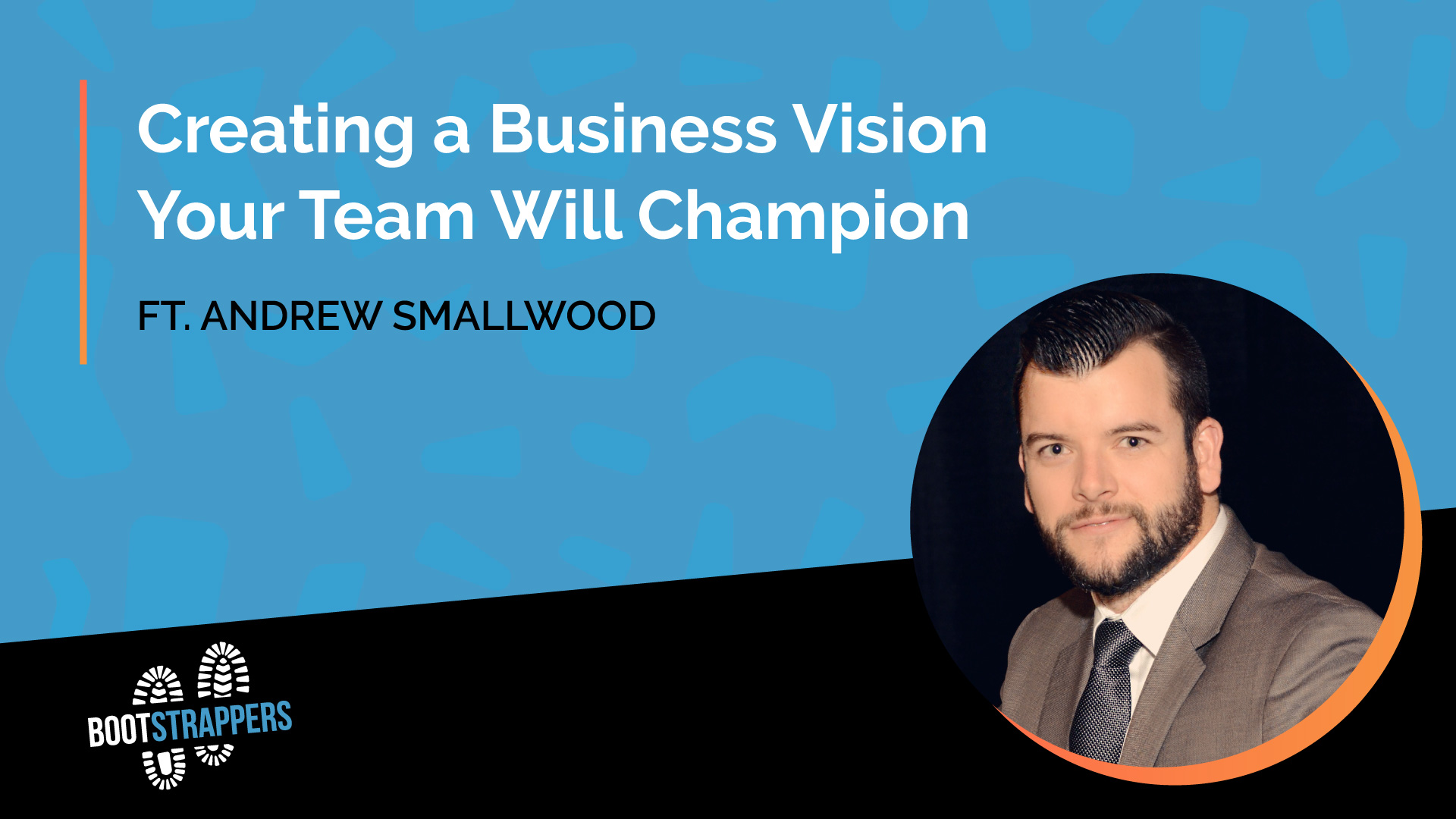Virtues & Vices

The first thing that comes to mind when I hear the name “Benjamin Franklin” is: kite + key + lightning storm = electricity. But he was a true Renaissance man- full of wisdom and possessing many talents. He is recognized as one of the Founding Fathers of our country; helping create documents at the very foundation of our democracy, the Declaration of Independence, and the US Constitution. He also helped negotiate the end of the Revolutionary War and was a fierce opponent of slavery.
As if those accomplishments weren’t impressive enough, he also invented bifocals and the rocking chair- and in his spare time, wrote Poor Richard’s Almanac. He was an entrepreneur, scientist, inventor, writer, and politician. He didn’t graduate from college but was a respected scholar with honorary degrees from Harvard, Yale, and Oxford of England.
What you may not know is Mr. Franklin was quite possibly one of the most self-aware individuals of his time (and maybe ours). That astute self-awareness resulted in one of his lesser-known contributions to society, his theory of thirteen virtues. As a young man in his twenties working in a print shop, he began to realize he was making enemies as quickly as he was making friends. So, he took a step back for a critical look at himself- something we could probably all take a lesson on. He then laid out a plan for overcoming the less desirable traits of his humanness.
Well-versed in the work of Aristotle, the Ancient Greeks and Romans, and the Bible- Franklin expanded on the foundations of those works to create a list of the thirteen most important virtues and values for living what he deemed “a life of moral perfection”.
Here they are, with his original definitions:
- Temperance- eat not to dullness, drink not to elevation
- Silence- speak not but what may benefit others or yourself; avoid trifling conversation
- Order- let all your things have their places; let each part of your business have its time
- Resolution- resolve to perform what you ought; perform without fail what you resolve
- Frugality- make no expense but do good to others or yourself, i.e., waste nothing
- Industry- lose no time; be always employed in something useful; cut off all unnecessary actions
- Sincerity- use no harmful deceit; think innocently and justly, and if you speak, speak accordingly
- Justice- wrong none by doing injuries, or omitting the beliefs that are your duty
- Moderation- avoid extremes; forbear resenting injuries so much as you think they deserve
- Cleanliness- tolerate no uncleanliness of the body, clothes, or habitation
- Tranquility- be not disturbed at trifles, or at accidents common or unavoidable
- Chasity- rarely use venery but for health or offspring, never to dullness, weakness, or the injury of your own or another’s peace or reputation
- Humility- imitate Jesus and Socrates
Of note, he put them in this order because he believed as one worked down the list, the preceding virtue could help you master the next one in line (efficiency at its finest!) With this list, he likely created the original habit tracker.
A simple Google search will give you everything you could ever want to know about Franklin and his thirteen virtues- so, I won’t spend a lot of time analyzing his intent, results, successes, failures, etc. But I wanted to share this list because I think it helps to know even someone like Ben “Founding Father” Franklin wasn’t perfect. He had flaws as a human being and as a professional. Instead of letting those flaws continue to impact his life negatively, he worked to overcome them. He wanted to lead a life more aligned with his best self- so, he put his best self’s best foot forward and formulated a plan to overcome his vices.
I personally find a lot of value in his methods and advice. To me, his thirteen virtues have withstood the test of time and are just as relevant today as they were when he wrote them in 1726. Owning a business is hard work- it isn’t for the faint of heart. Any tools we can use to hold ourselves accountable will help us become better leaders- and ultimately see more success in our business.
I may not be as eloquent as Benjamin Franklin, but I will share some wisdom from my own journey as an entrepreneur in the hopes you’ll find nuggets to help you on yours. Here is some of my advice, inspired by Franklin’s thirteen virtues:
- Set goals and intentions for yourself and track your progress regularly
- Accept that “stuff happens”; learn to be resilient, not bitter
- Organize your life and spaces so your mind has room to grow, free from clutter
- Seize every opportunity to learn from people different than you
- Be mindful about choices and how they impact current or future success
- Listen, be humble, and accept feedback (even if you don’t like what you hear)
- Use your resources and time wisely; prioritize
In his autobiography, Franklin said:
“Though I never arrived at the perfection I had been so ambitious of obtaining, but fell far short of it, yet I was, by the endeavour, a better and a happier man than I otherwise should have been if I had not attempted it.”
Very wise words, Mr. Franklin. Nobody is perfect- that is unattainable. But we can always do better as we learn and grow- your personal and professional selves will thank you for that.
https://edition.cnn.com/2018/03/01/health/13-virtues-wisdom-project


